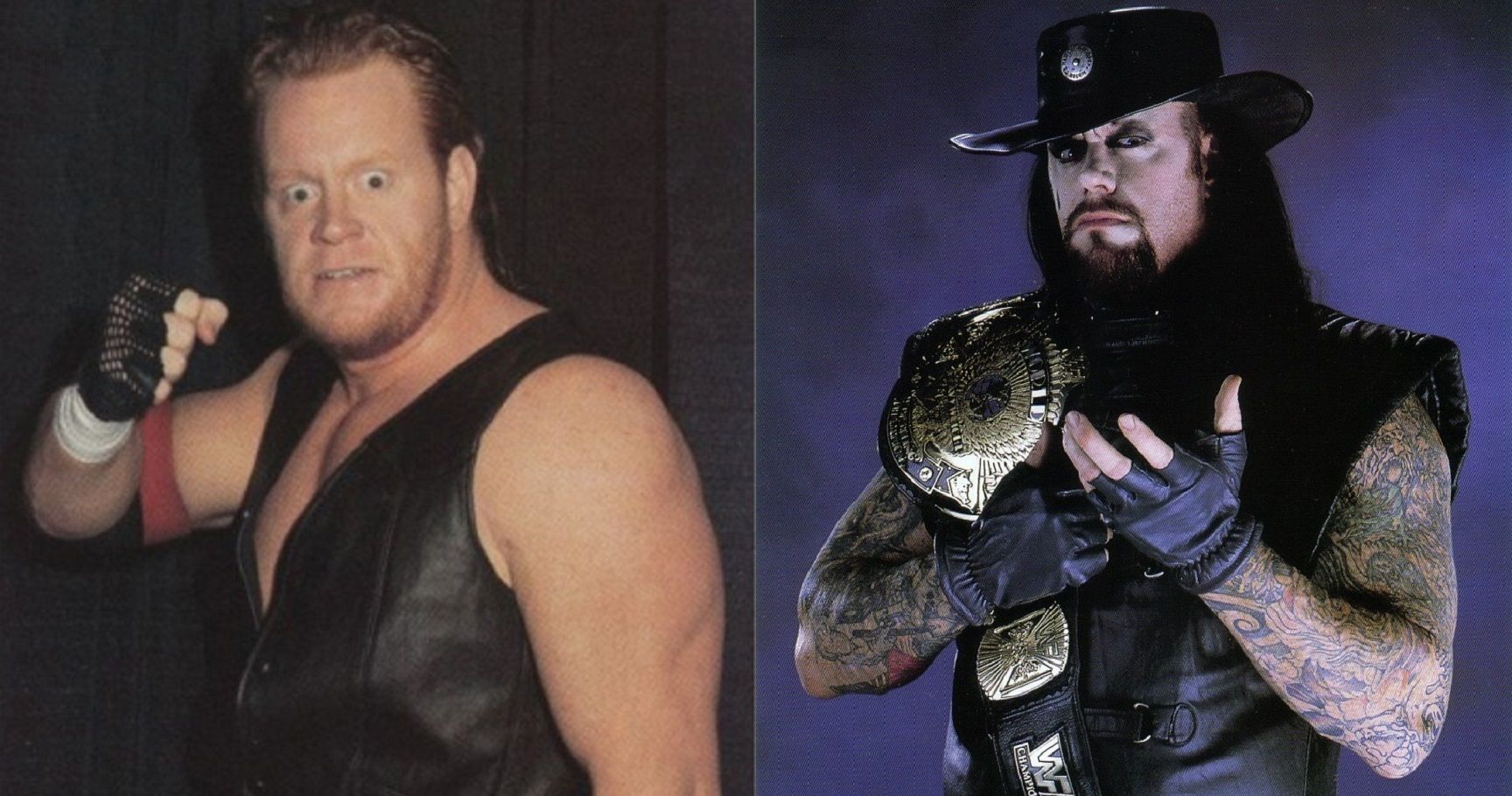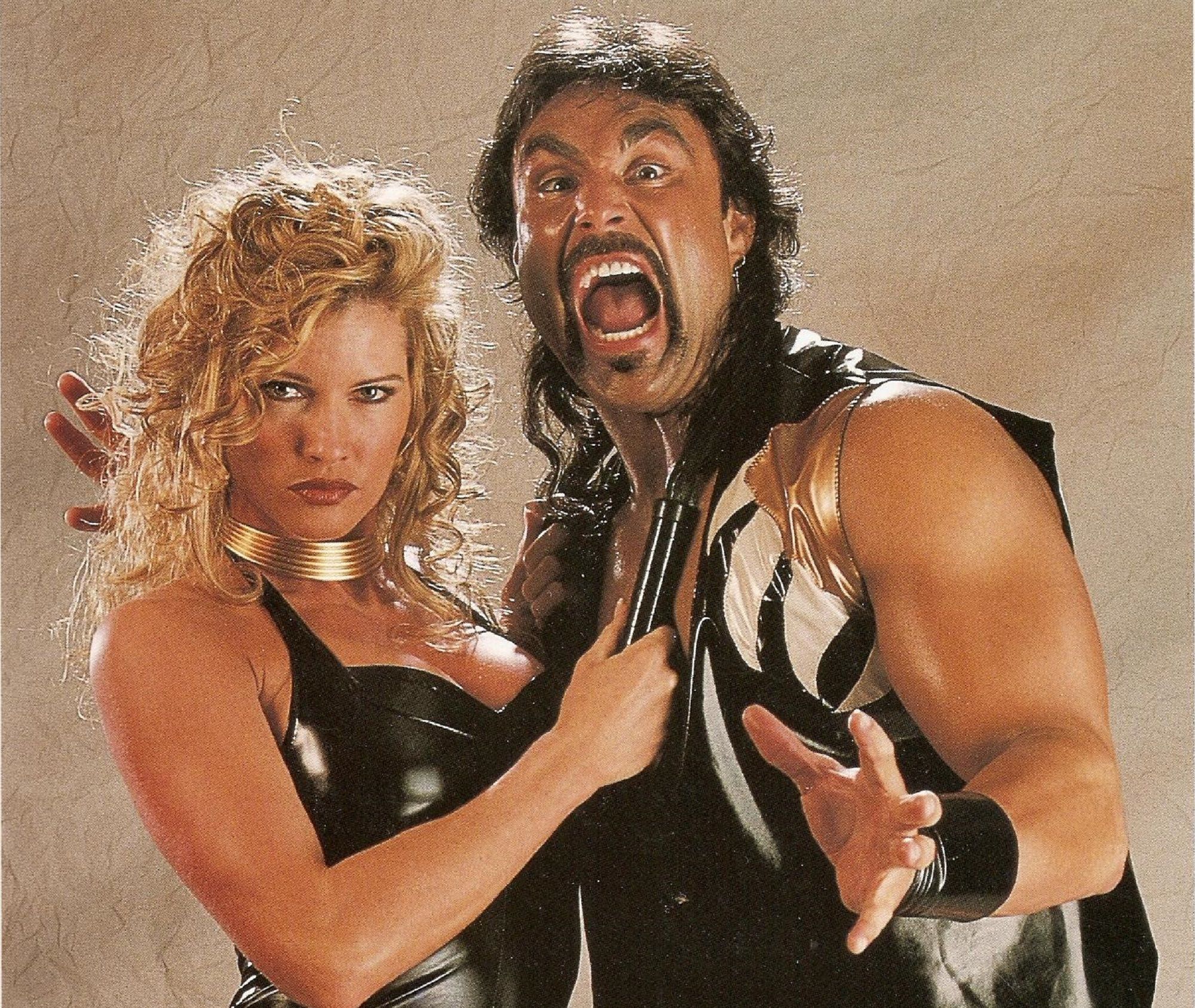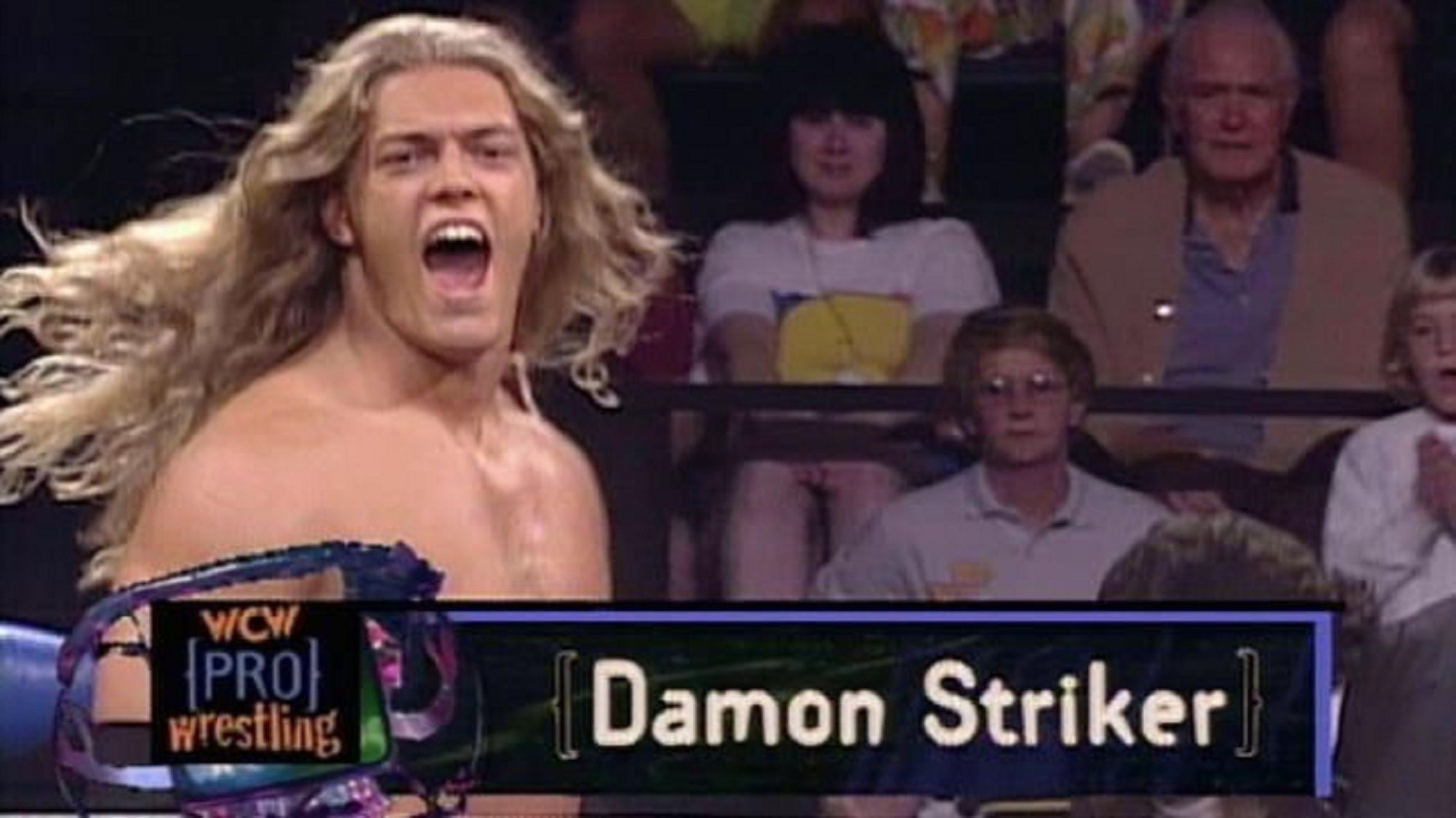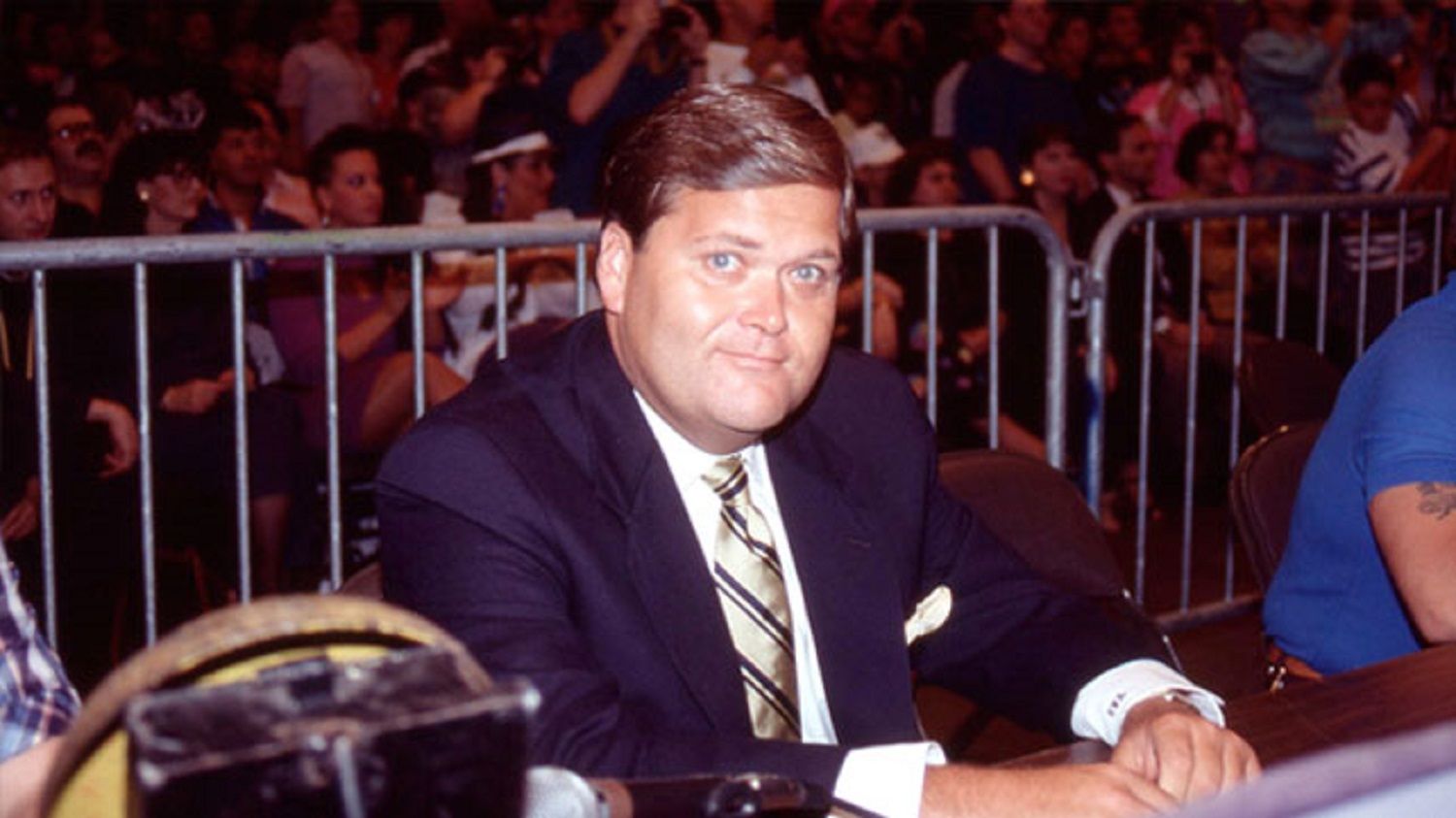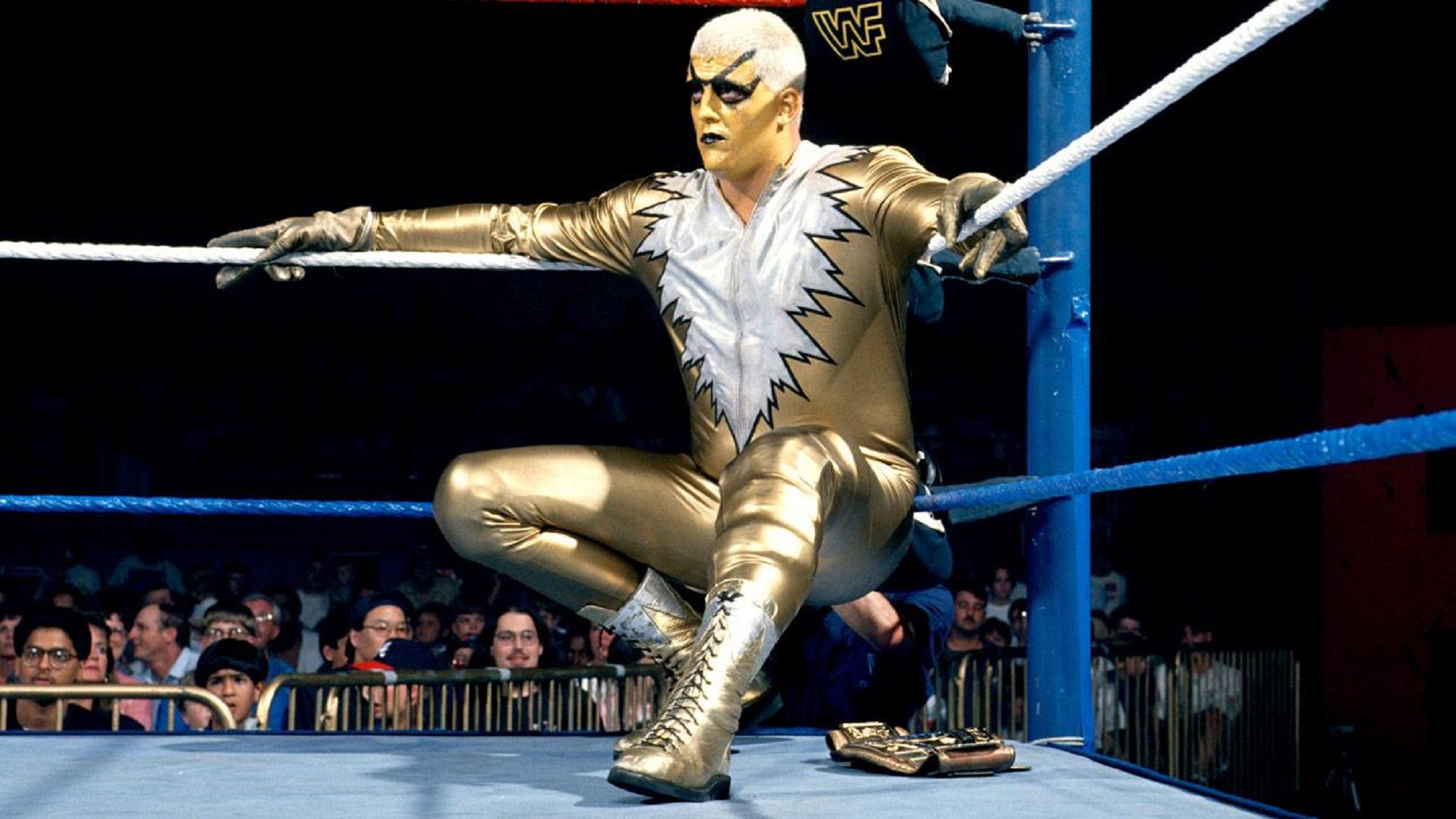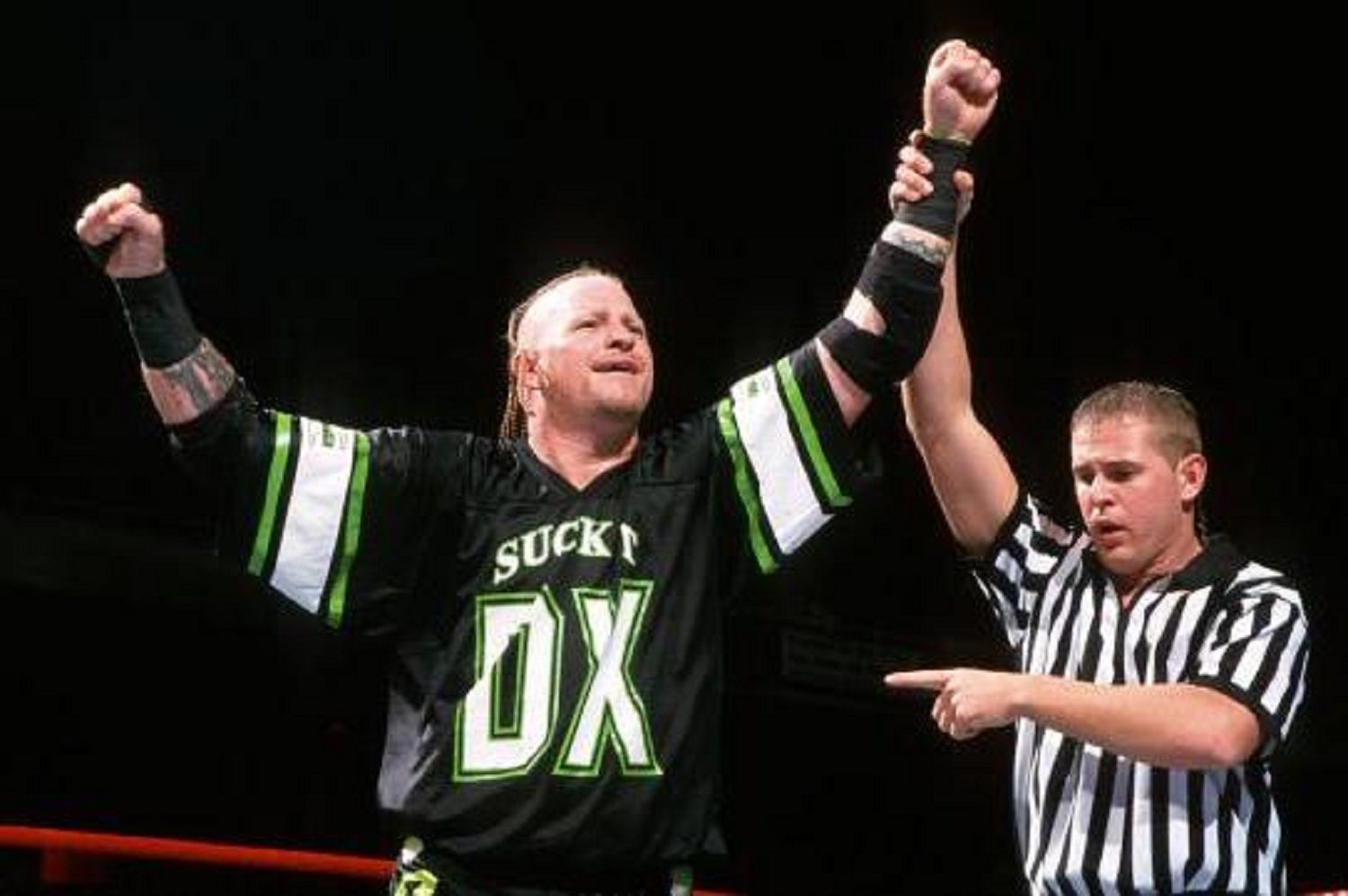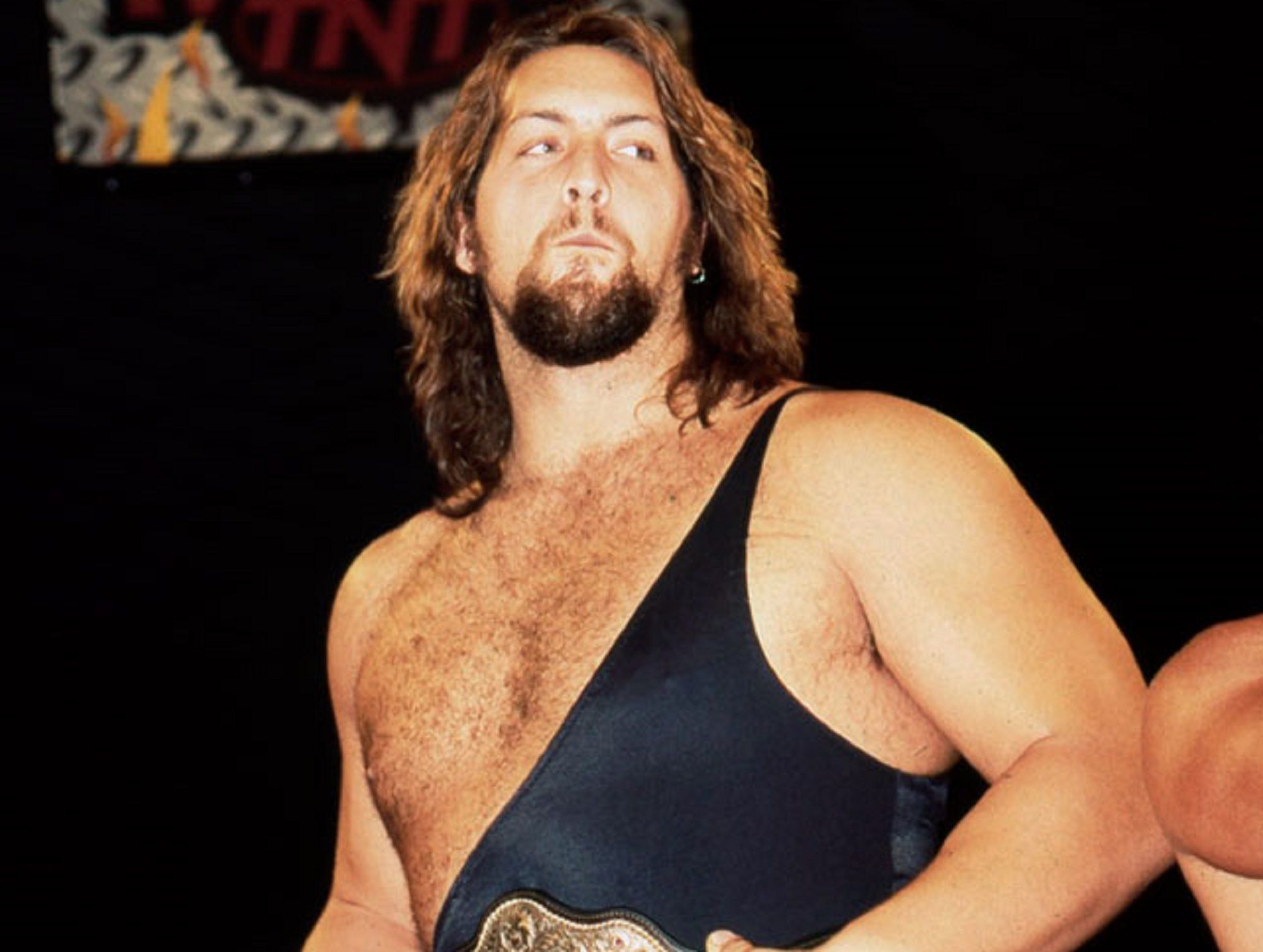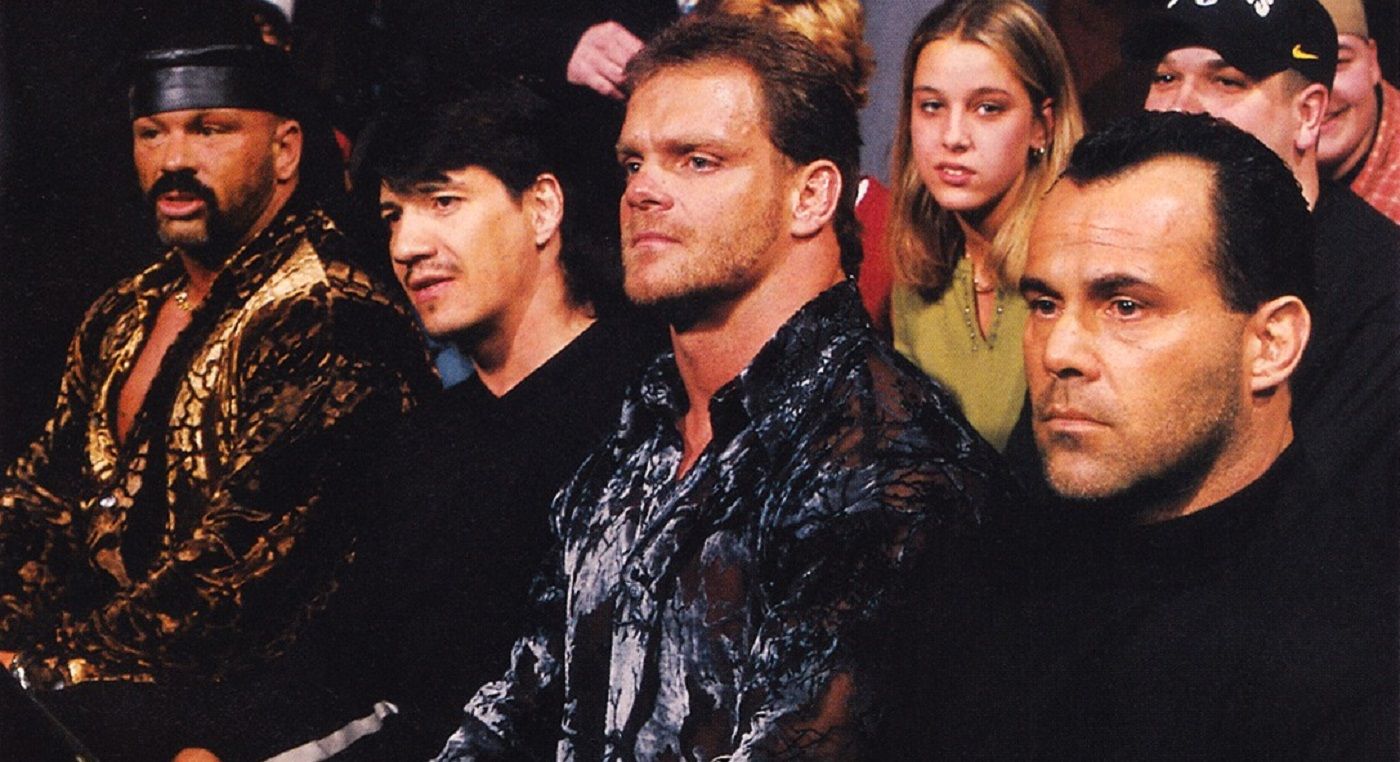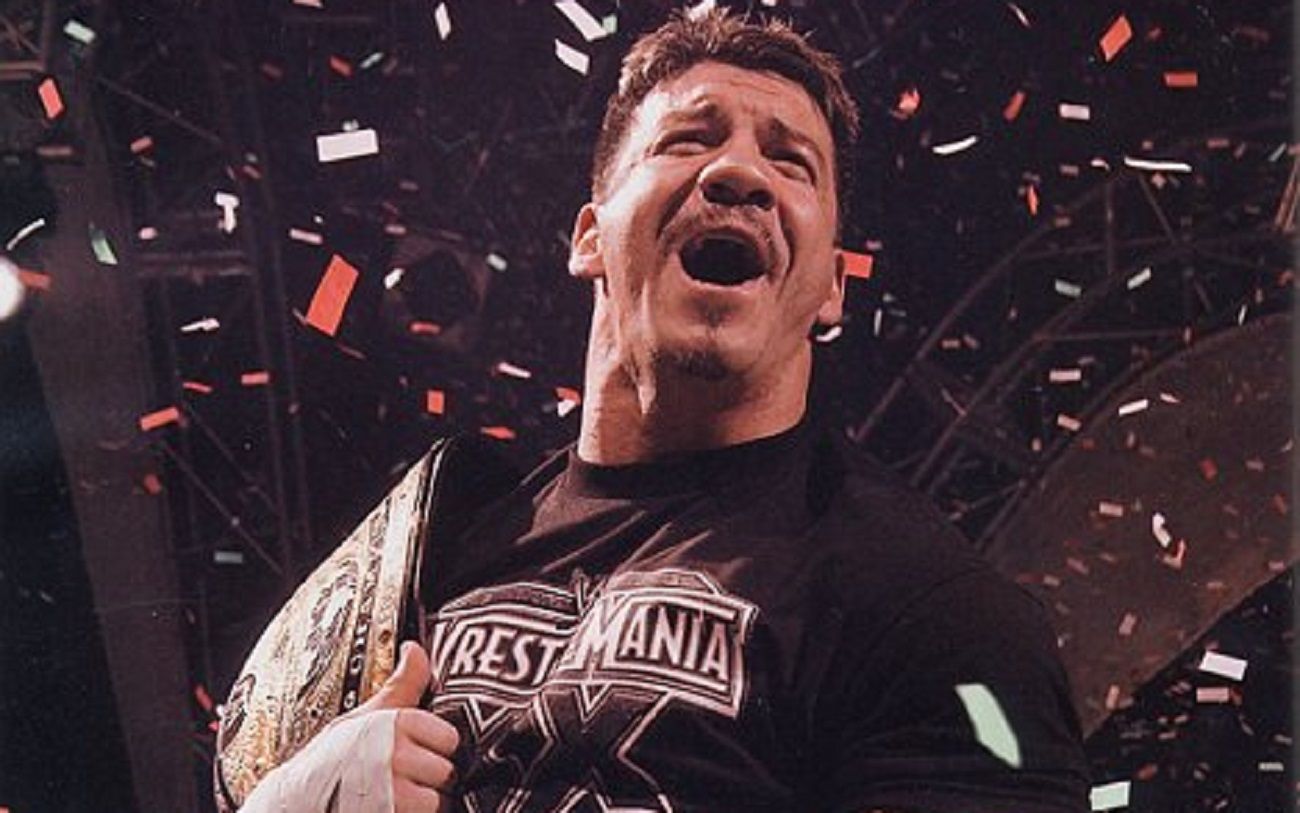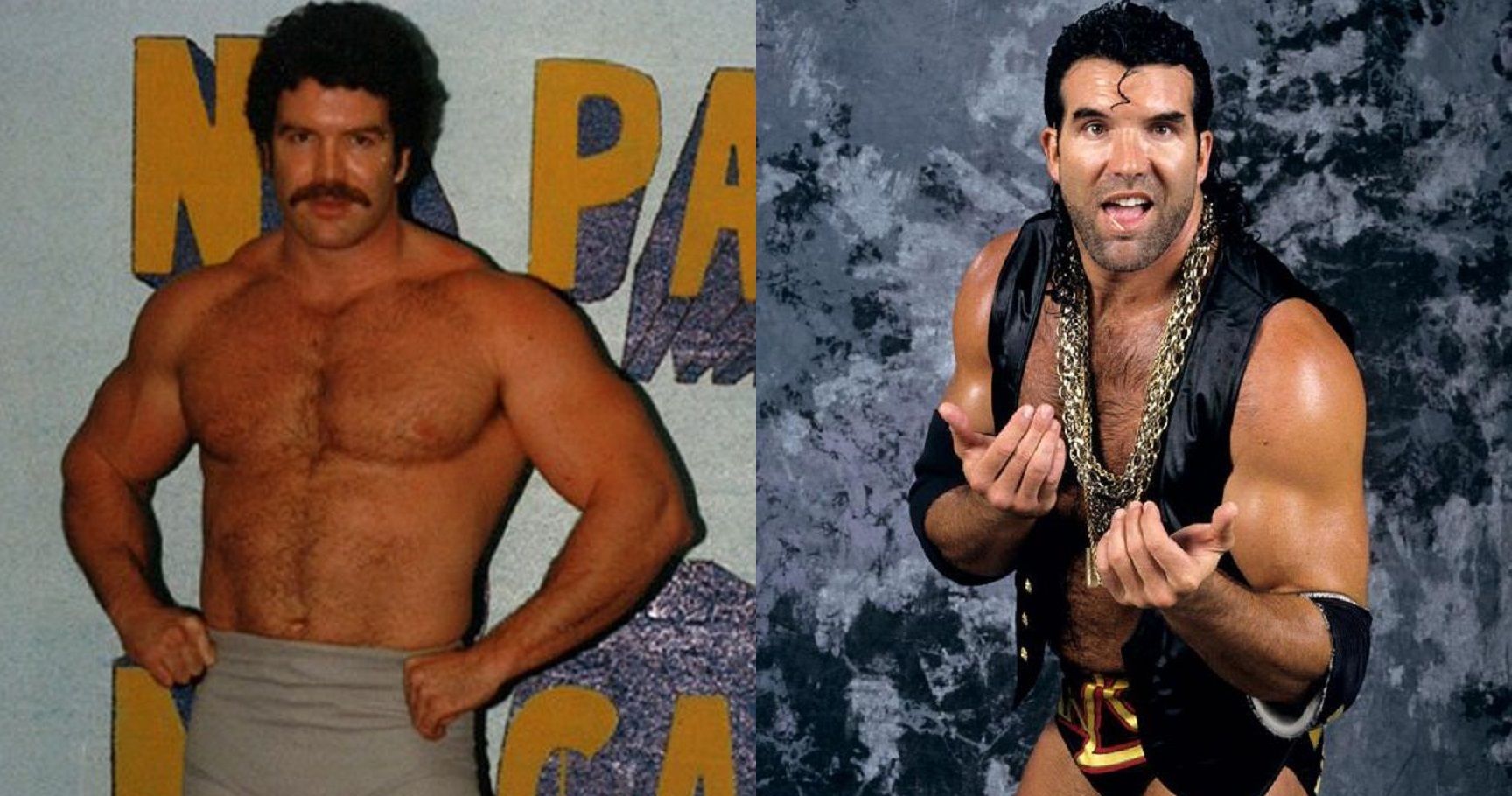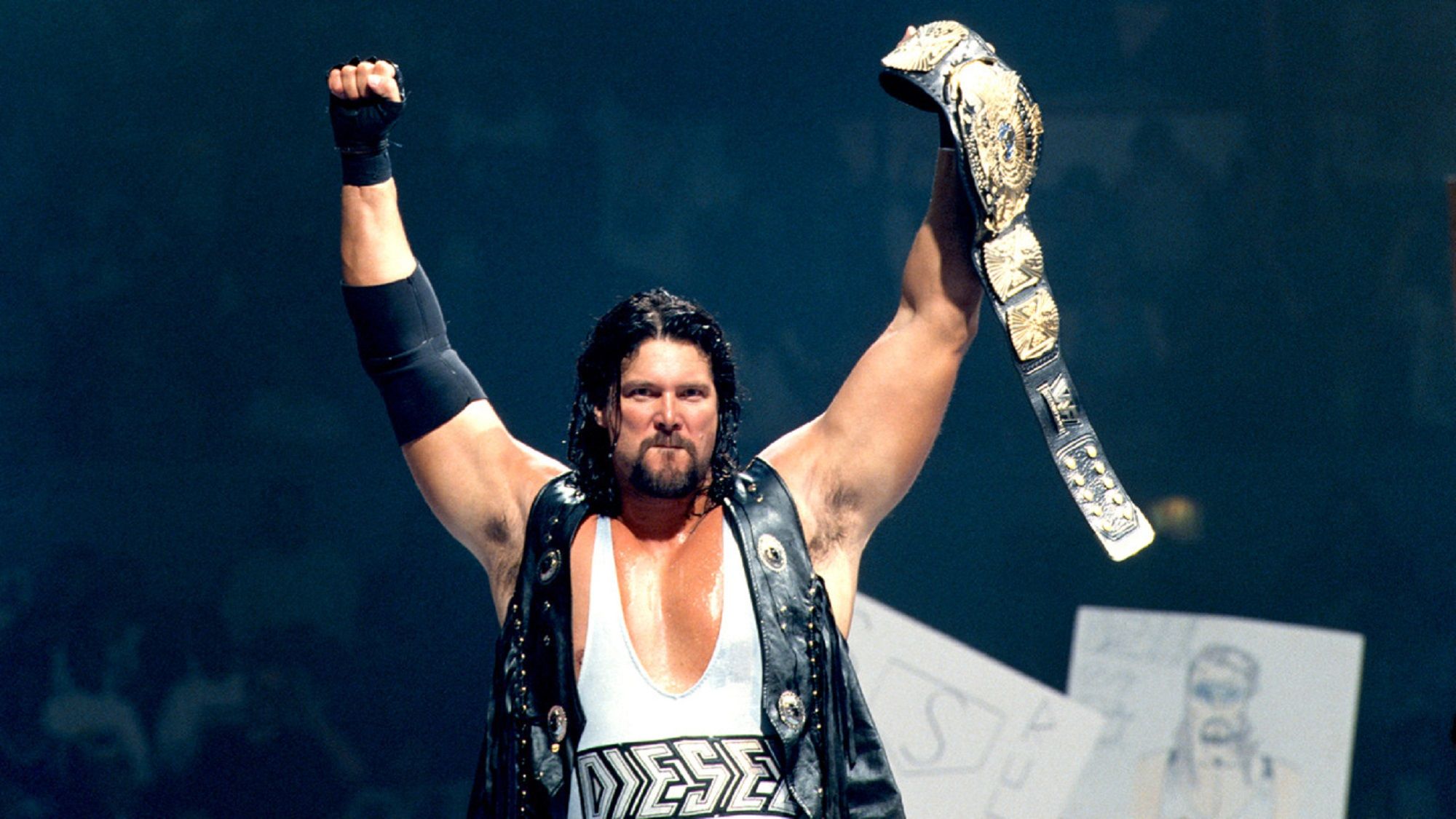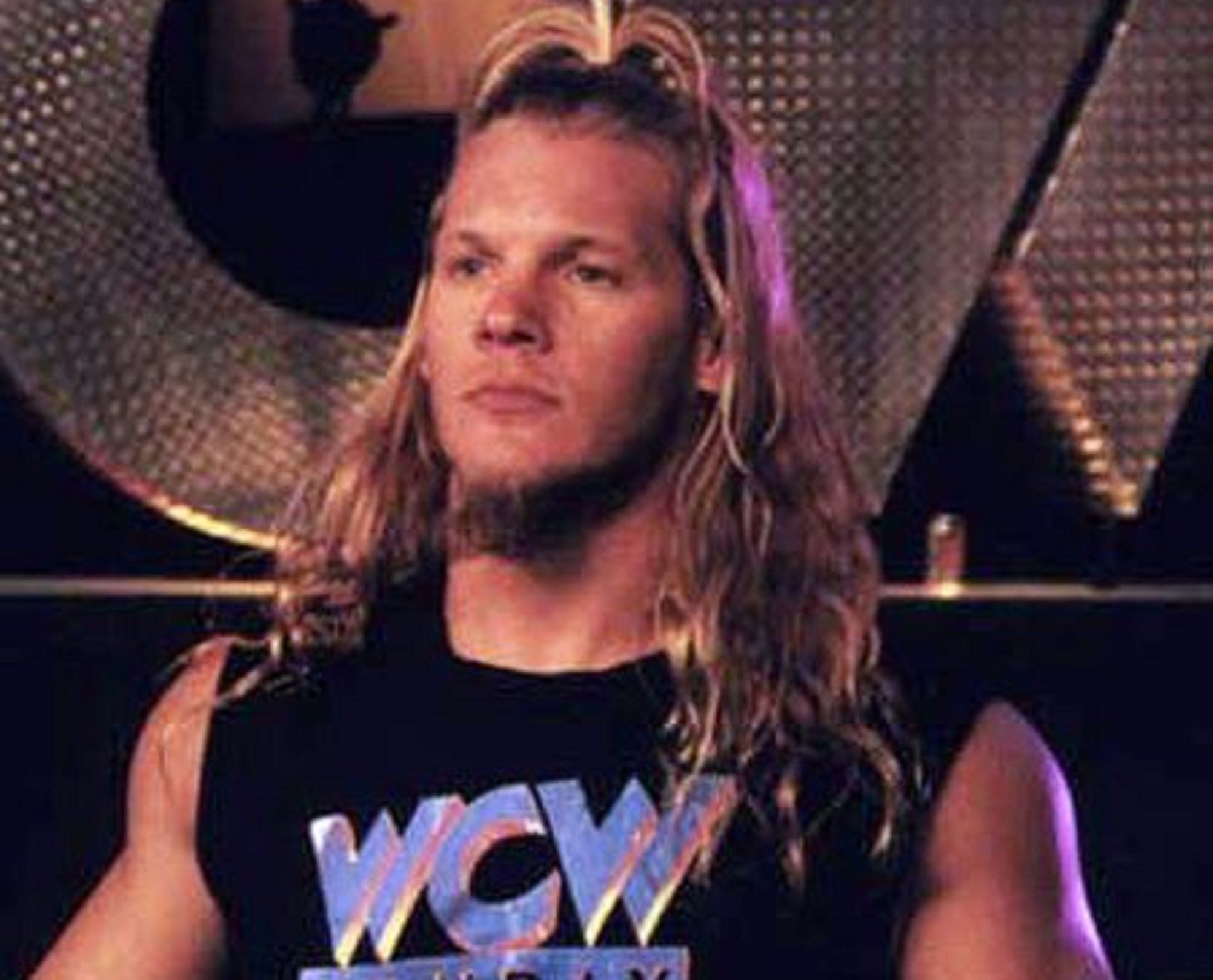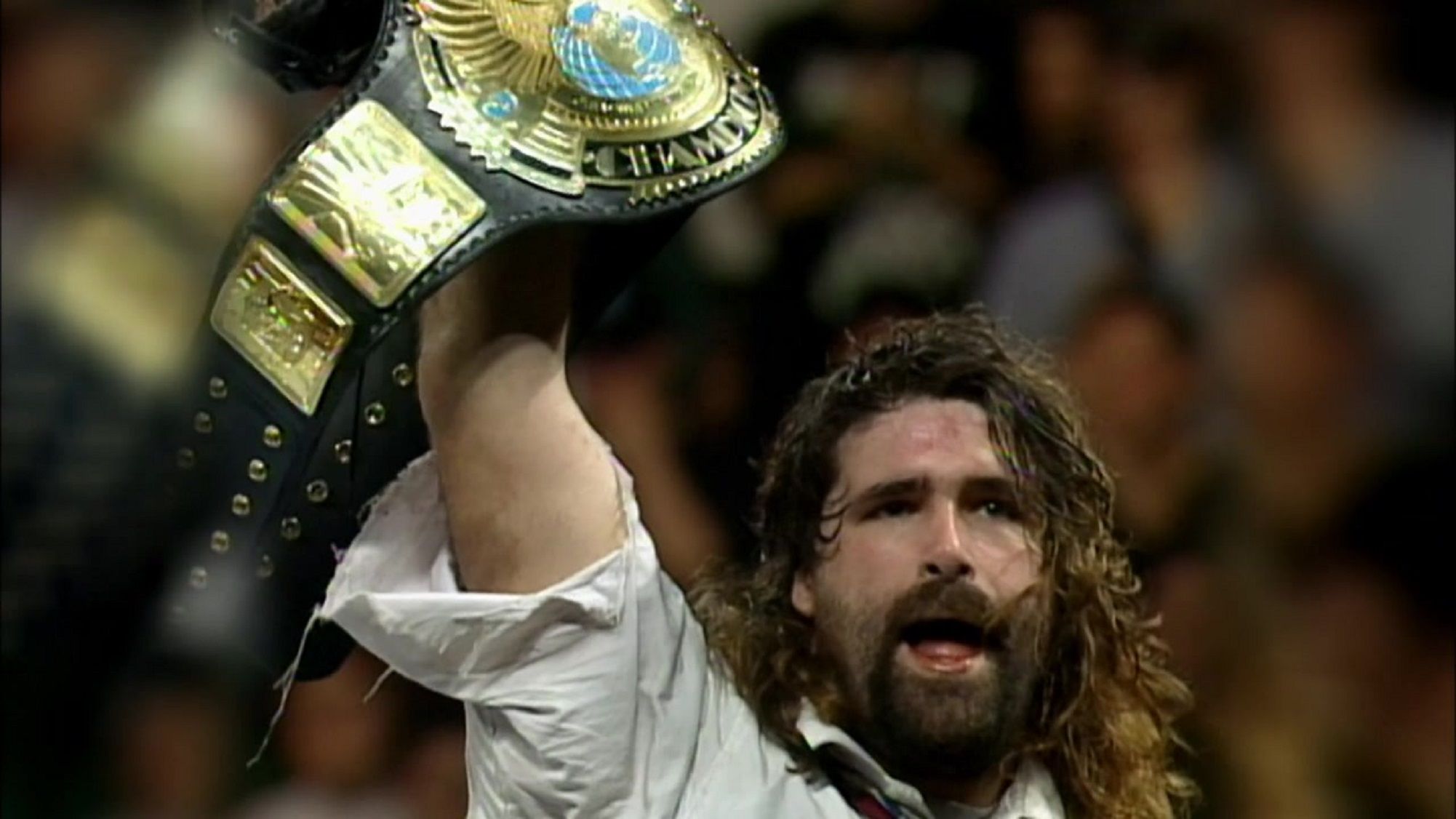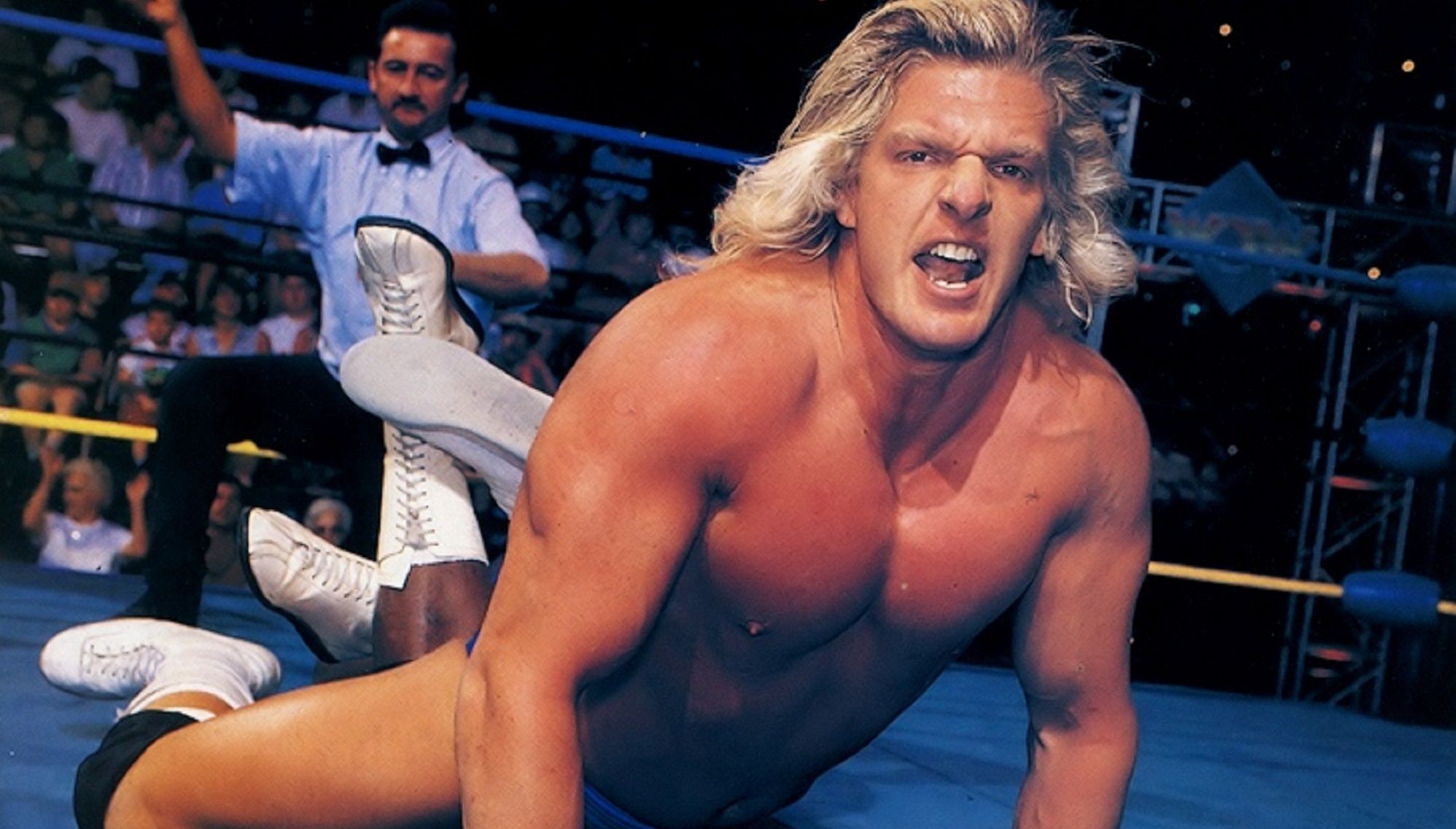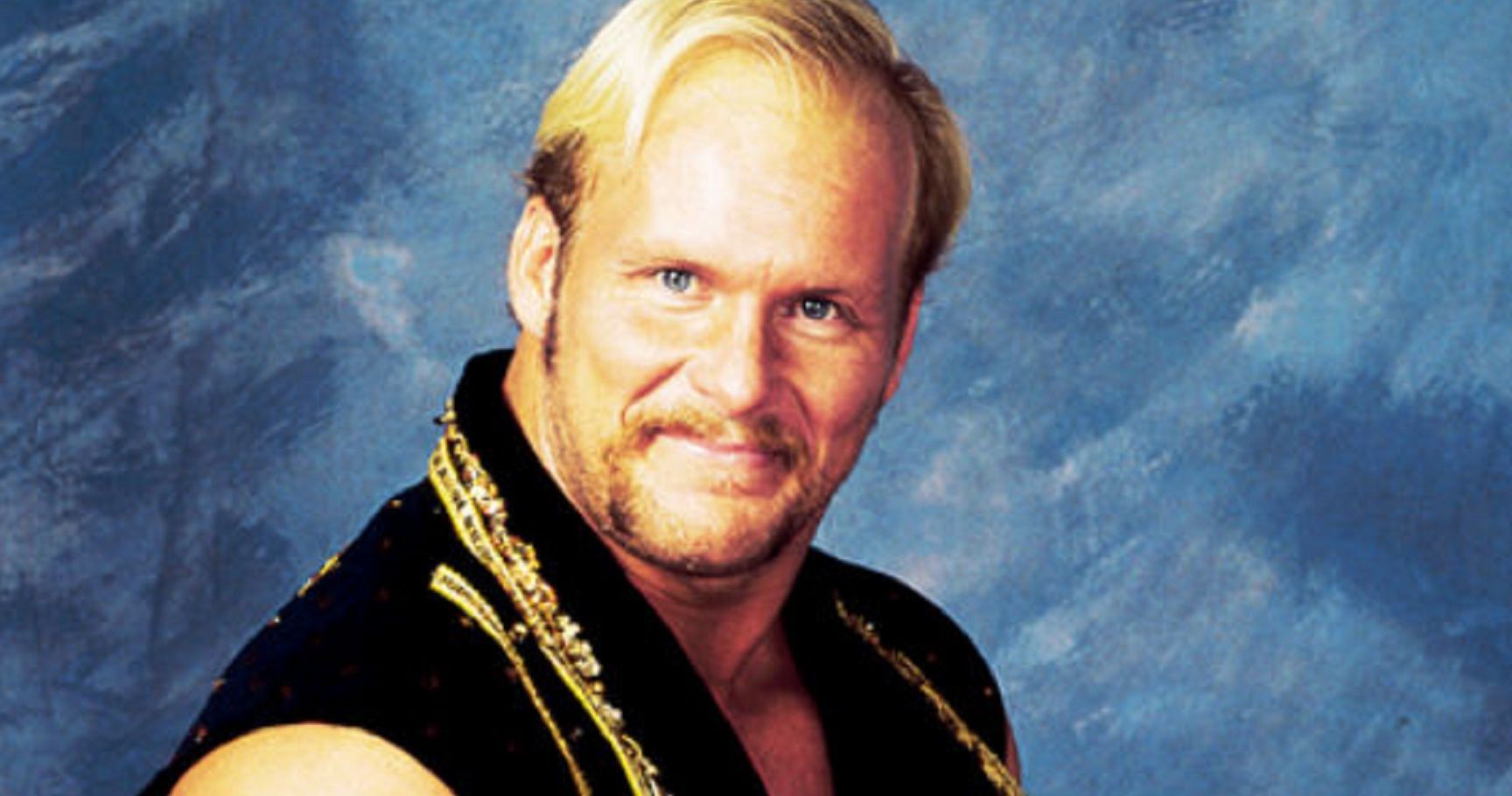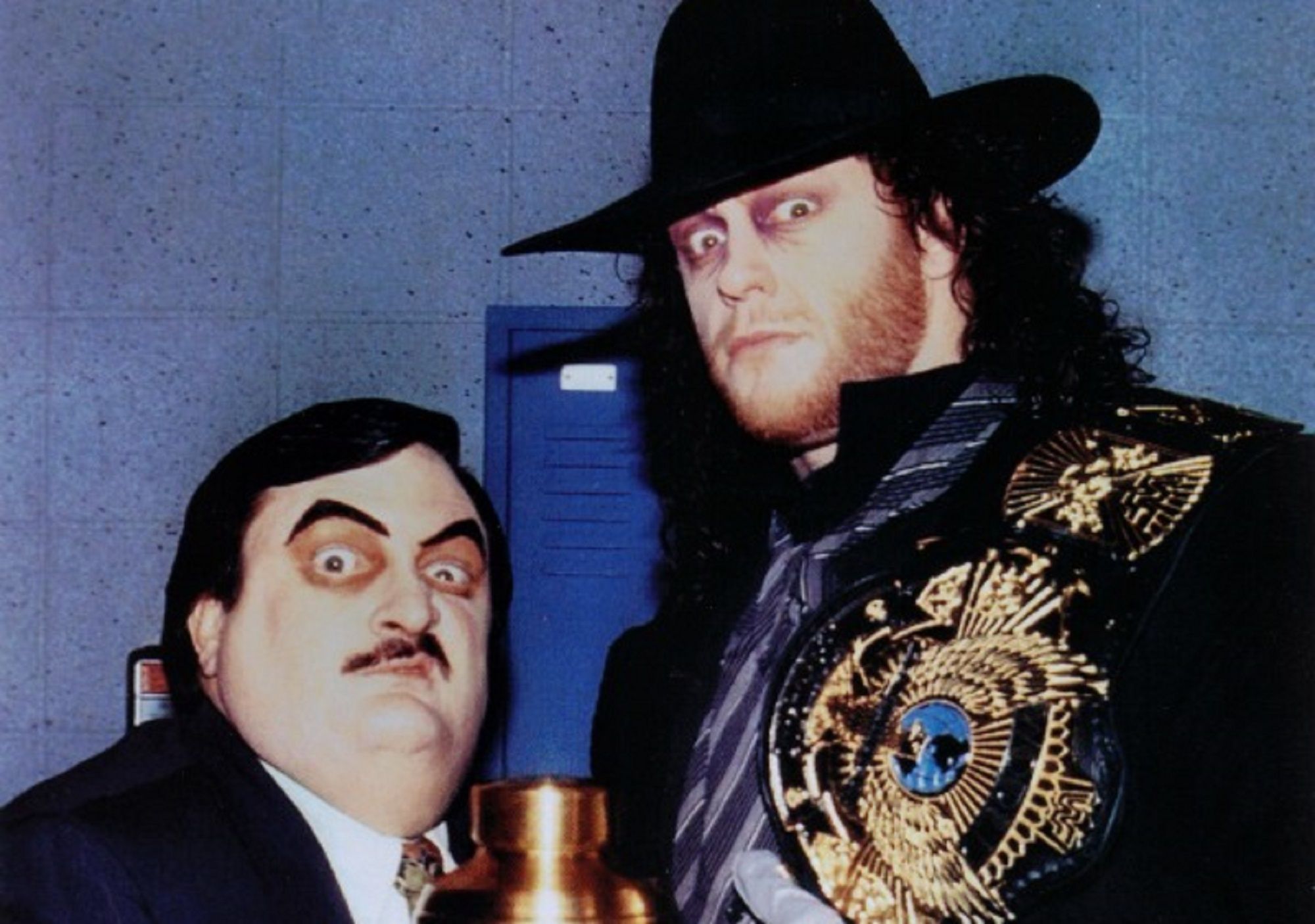Can you believe it's been more than 20 years since the start of the Monday Night wars between the WWE and WCW? What a crazy time it was in the world of professional wrestling. On one side, you had Vince McMahon's World Wrestling Federation, the juggernaut and number one promotion in the world. On the other side, you had Ted Turner's World Championship Wrestling, which for a time there actually became even bigger than their rival. Back and forth the two companies would go in the ratings, and back and forth wrestlers would go in between the two organizations.
Outside of a few of the big stars like Sting and Ric Flair, WCW didn't have a ton of star power or recognition in the mainstream world until Hulk Hogan signed with the company in 1994. They had a lot of guys on the roster that would eventually turn into some of the biggest names in the industry, but they had no idea how to use them in the beginning, instead relying on names that the WWE had already established. Sometimes they'd come back to WCW, but more often than not, once they were gone, they were gone.
The company's inability to take a performer and take the time to groom him to be a top guy was always one of the biggest problems they had. They relied too much on what they thought were the "main eventers" and sometimes wouldn't give the unknown a chance to truly shine. WCW was tried to buy their way into overtaking WWE, signing older stars, while WWE invested in young stars, both homegrown and guys who had jumped ship.
With that being said, I thought I'd take a look at some of the guys that WCW had at the start of their careers and let slip away.
15 15. Marc Mero
Mero actually started out as a jobber in WCW before Dusty Rhodes put the Johnny B. Badd gimmick on him, but even that was bit cartoonish with the confetti blaster and all. Sure, he won the TV title a few times, but it wasn't until he got to the WWE that he was really given a chance to shine, even winning the Intercontinental Title in 1996. However, the main reason he's on this list is because without Marc Mero in the WWE, we wouldn't have gotten Sable and that whole experience, but you really do have to give Mero credit here. For one, he was a fairly solid worker when he needed to be, and the feud with Goldust was better than anything he did in WCW.
14 14. Edge
I'm wondering if some of you even knew that Edge was in WCW. Obviously, we all remember him from his time in WWE as a 31-time champion. That's another fun fact. Edge held 31 titles! He had World Heavyweight Championship seven times, the WWE title four times, the Intercontinental Championship five times, the U.S. title once, and won 14 Tag Team titles. Who knew when you first saw him that he'd become one of the most decorated wrestlers in history?
Apparently, WCW missed that memo as well. In 1995, he wrestled under the name Damon Striker on two episodes of WCW Pro. He lost to Kevin Sullivan on one and Meng (Haku) on the other and was never heard from again in WCW. Oops.
13 13. Jim Ross
Can you imagine some of the biggest matches of the Attitude Era without Jim Ross on the microphone? Sure, they'd still be good matches, but his calls are what make some of them legendary. Just think if he'd never left WCW. The story goes like this. Jim Ross had been with the NWA/WCW for a little while when he started having a few problems with a young announcer named Eric Bischoff.
In 1993, Bischoff was promoted to executive producer, becoming J.R.'s boss, which led to good 'ol J.R. demanding his release from the company. He had money left on his contract, but didn't want to stay off of TV for too long, so he took a buyout and was soon after hired by WWE. The rest, as they say, is history.
12 12. Goldust
There's nobody on this list that went back and forth between the companies more than Dustin Rhodes. He started in WCW in the late 1980s, but that only lasted a few months. He went to the WWE in 1990, but that was also only for a few months. He had a decent run upon his return to WCW, even winning the tag titles with Barry Windham, but it wasn't until he returned once again to the WWE in 1995 that his career really took off in the way of Goldust. Like this character or not, you have to admit that even after all of these years, it's usually been entertaining, which is more than I can say about anything in his WCW career.
11 11. Road Dogg
If I asked you to remember Brian Armstrong from WCW, you'd probably shrug your shoulders and have little clue who I was talking about. If I asked you to remember Road Dogg from the WWF, you'd probably give me the entire promo that he used to cut before every match. This one isn't even close. He was a nobody in WCW, and after a little time as The Roadie in the WWF, he formed one of the most memorable tag teams in WWF history, The New Age Outlaws, with Billy Gunn. His subsequent run with DX and his continuing work as an agent with the company solidifies that WCW had no idea what they had.
10 10. The Big Show
I could probably get away with just writing that WCW billed him as Andre The Giant's son and be done, but even with a couple of world title wins, I never saw them use the full potential that Paul Wight possessed. He was one of the most athletic big men the wrestling world had ever seen, but as happened with a lot of people on this list, the nWo storyline just overshadowed him and when the split happened, they put him in these random tag teams that just never worked.
I found him to be much better utilized after he jumped ship in 1999. His debut was extremely well done, and over the years, whether you want to think it or not, he's been part of some very good material. If you ever watch the Monday Night Wars specials on the WWE Network, you can tell that he was hardly ever happy with his time in WCW.
9 9. Chris Benoit
The Revolution storyline from 1999 almost tells this story for me. After years of working hard, having great matches, including that epic feud with Booker T, and even a run with the Four Horsemen, Benoit and a few others had a faction about how they were unhappy with how WCW booked them as opposed to some of the older stars in the company. However, this really was the feeling that Benoit and a few others had within WCW.
Management put the belt on him in early 2000 to try and make him happy, but problems with Kevin Sullivan and others led to his departure to WWE where he really got the chance to be a big-time player, even main-eventing WrestleMania XX with Shawn Michaels and Triple H in one of the best matches in WrestleMania history.
8 8. Eddie Guerrero
One of the guys that came along with Benoit to WWE was Eddie Guerrero. Much like Benoit, Eddie was an extraordinary talent who never had the chance to really get over in WCW despite being one of the best actual wrestlers in the company. He arrived at the perfect time in the WWE and was let loose almost immediately. The "Latino Heat" gimmick was gold and he was still putting on great matches and winning titles.
He won the Intercontinental and the European title two times each, won four tag titles, and let's not forget his WWE Championship win over Brock Lesnar. His celebration with Benoit at the end of WrestleMania XX remains one of the great moments in wrestling history...not quite something you would have ever seen from those two in WCW.
7 7. Scott Hall
Scott Hall had started to make a name for himself in the AWA in the 1980s and was recruited by Jim Ross to join NWA/WCW in 1989, but after only one pay-per-view appearance, he started jobbing and left the company for about a year before returning in 1991 as The Diamond Studd. No, seriously. He did get a little bit of a push for about a year, but it ultimately didn't lead to much and he left for WWE, which is where he would really make a name for himself as Razor Ramon.
I know a lot of you out there might say that it was his return to WCW that made him a star, but the only reason that whole thing worked is because WWE knew what to do with him when he got there and they made him a worldwide superstar, which is kind of what happened with the next entry as well.
6 6. Kevin Nash
I suppose all I have to do here is list his WCW gimmicks in the beginning. First, there was Steel with the orange mohawk. Then there was Oz with the silver hair. Lastly, there was Vinnie Vegas. These three characters all happened in under three years in WCW. Enter the call from Shawn Michaels and enter Diesel into the WWF. He came in doing the bodyguard thing, but you knew the split from Shawn was inevitable and Nash made the most of it. He enjoyed some great years of success, and like his buddy Scott Hall, he used the star power that he received in the WWF and turned it into a monster paycheck when he went back to WCW.
5 5. Chris Jericho
You can put Jericho in that class of folks like Chris Benoit and Eddie Guerrero who were doing great things in WCW but just weren't getting the recognition they deserved, which is why after years of disappointment in WCW (not including the "man of 1,004 holds" promo which was amazing), Jericho jumped ship 1999 to one of the best debuts in company history. After spending a few months getting used to his new surrounding, Jericho became one of the biggest stars of the 2000s.
He won a record nine Intercontinental titles, became the first undisputed champion, and had some of the best feuds in wrestling history, most notably on two different occasions with his idol, Shawn Michaels. I suppose that's a tad better than a Saturday night bout with Disco Inferno.
4 4. Mick Foley
I can't say that Mick Foley's time in WCW was all bad. He had some great matches and some great feuds, including ones with some big time players like Sting and Vader under the Cactus Jack name. However, his hardcore style was the only thing that was keeping him relevant in WCW. It wasn't until he got to the WWE that the real Mick Foley, not just the hardcore legend, was allowed to show his true character to the audience.
It was his ability to connect with the crowd on an emotional level, not just a physical one, that made him one of the best in the business. Sure, he could pull out the big bumps when he needed to, but it was his character development, especially as Mankind, that made him stand out in WWE.
3 3. Triple H
Terra Ryzing. Yep, that was his ring name in WCW before changing to Jean-Paul Levesque. I have no problem with that as it's close to his actual name, but what WCW should have a problem with is the fact that they declined to give him a singles push when he asked for it, which led him to signing with WWE in 1995. I wish I could say that they used him correctly right from the start, but that would be a lie.
The Connecticut Blue Blood was okay, but once he paired up with Shawn Michaels onscreen and the Attitude Era, Triple H came out of his shell and once Michaels was gone, the legend of Triple H began. Headlining WrestleManias probably feels better than a Starrcade match with Alex Wright.
2 2. Steve Austin
Remember when Eric Bischoff said that he didn't think Steve Austin was marketable in WCW? Remember when Stone Cold became the most popular and profitable entity that the wrestling world has ever seen? Okay, just checking.
This is the equivalent of the Chicago Bulls of the 80s giving Michael Jordan limited playing time and eventually trading him to the Knicks. No one knew it at the time, but when WCW fired Steve Austin, they essentially signed their own death sentence.
1 1. The Undertaker
The Undertaker is one of the most iconic figures in professional wrestling. For 25 years in the WWF/E, he has been involved in some of the biggest matches and biggest feuds in the company's history, including "The Streak". He is arguably the most respected man behind the curtain and all of that could have gone for naught had WCW seen something in Mean Mark Callous. He had a couple of decent feuds with the company before he left the company in August of 1990. He would debut a few months later at Survivor Series and defeat Hulk Hogan for the WWE title a year later. Now that's putting faith in somebody and giving them a real shot.

